How to help students take a pause from their constant digital companions, their smartphones, during instruction. Some strategies to deal with students’ entanglements and addictive engagements with their smartphones in the classroom.

Road map
The shorter version of this tour is on this page or to do the full journey follow the directions below.
Start with smartphone distraction in the classroom first. Second, I discuss Nudge theory and introduce digital nudges. We see an example of digital nudge that nudges users to reduce their social media use, specifically Facebook. Third, I introduce Intelligent agents. Next we talk about how Artificial embodied agents, such as social robots, helps young children learn positive behaviors. Fifth, we discuss Intelligent software agents and make the connection that software agents can control the actions of their human users by nudging. Sixth, we focus on Conversational intelligent software agents in particular then I touch on Chatbots because chatbots are conversational intelligent software agents, incorrectly named “bots”. Finally, we arrived at the discussion point of when Siri grows up. Here I showcase exemplars of next generation software agents soon to be available to be at the service of teachers and students to combat smartphone distraction in the classroom.
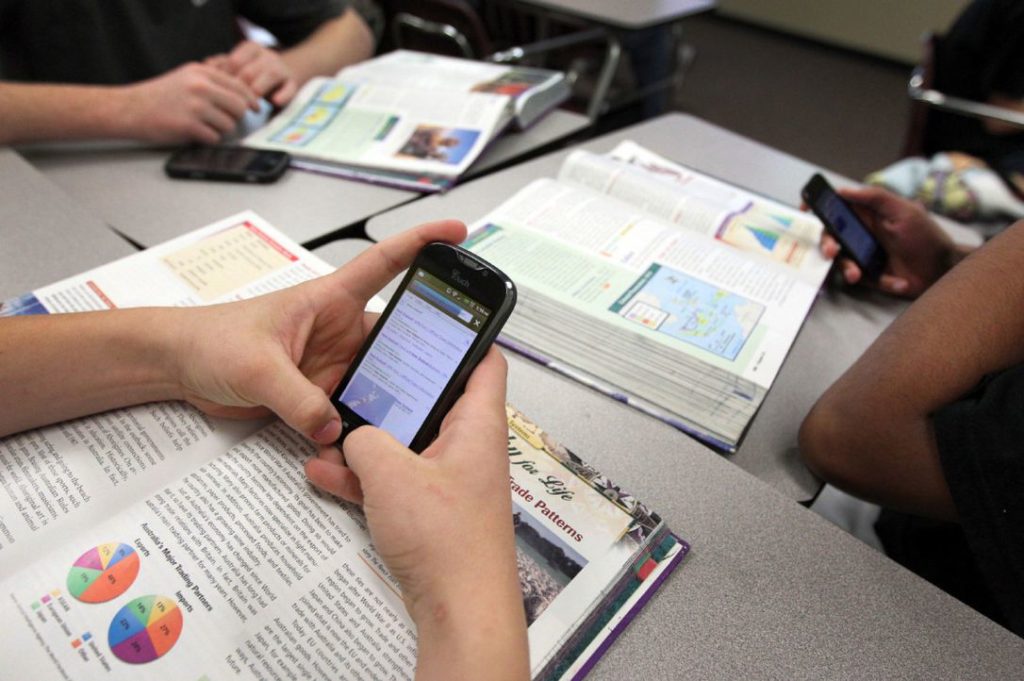
Smartphone distraction in the classroom
Education gaze traditionally foregrounds student agency and pedagogical approaches to smartphone distraction in the classroom try to reclaim an illusory independent human agency.
Therefore, more stimulating and engaging pedagogy alone is not the answer to smartphone distraction when students already have their smartphones in their hands.
My answer is stimulating and engaging pedagogy plus nudges; when students already have their smartphones in their hands we need to use adaptive digital nudges at appropriate times to nudge the student to get back on task.
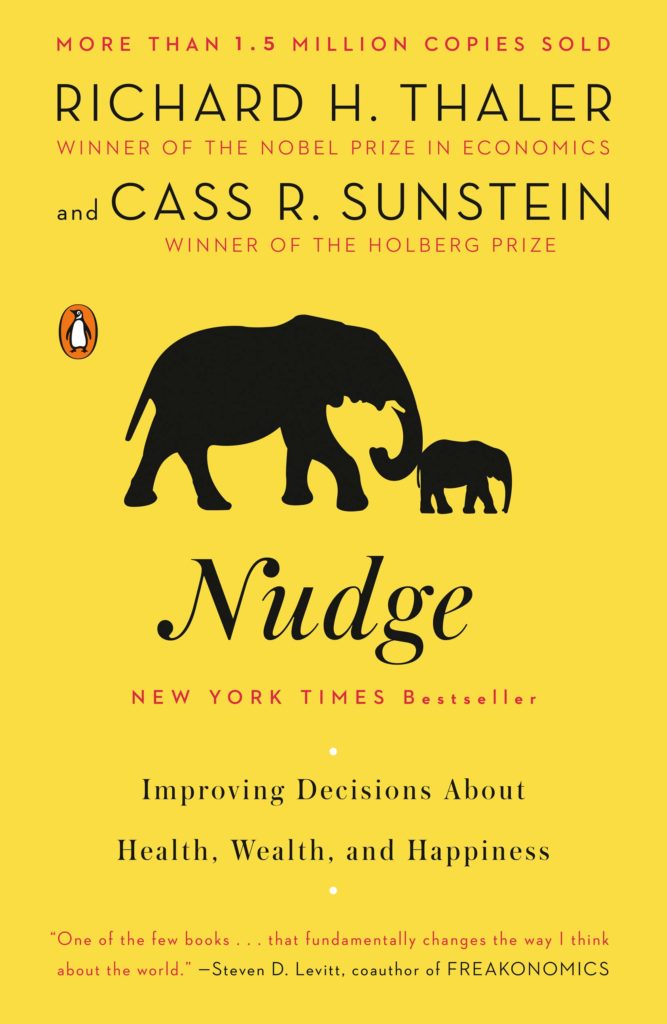
Nudge theory
A nudge refers to an intervention, such as using subtle smartphone vibrations or text messages, to steer the student towards making better choices.
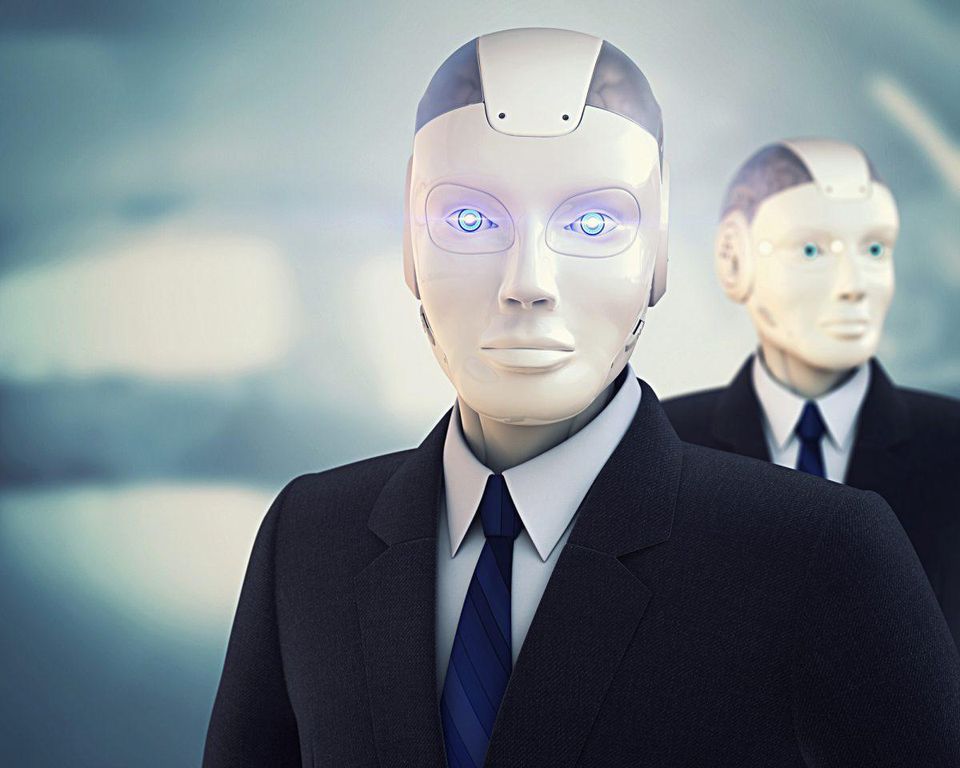
Intelligent agents
Intelligent agents are Artificial Intelligence (AI) systems that can perceive the environment, take actions to perform a certain task, and communicate with humans.
One style for the way people interact with technology is the interaction metaphor of direct manipulation which requires the user to initiate all tasks directly and to monitor all events.
Techniques from the field of AI, in particular “autonomous agents” or “intelligent agents”, can be used to implement a complementary style of interaction, which has been referred to as indirect management. Instead of user-initiated interaction via commands and/or direct manipulation, the user is engaged in a cooperative process in which human and intelligent agents both initiate communication, monitor events and perform tasks. The metaphor used is that of a personal assistant who is collaborating with the user in the same work environment. The assistant becomes gradually more effective as it learns the user’s interests, habits and preferences (as well as those of his or her community).
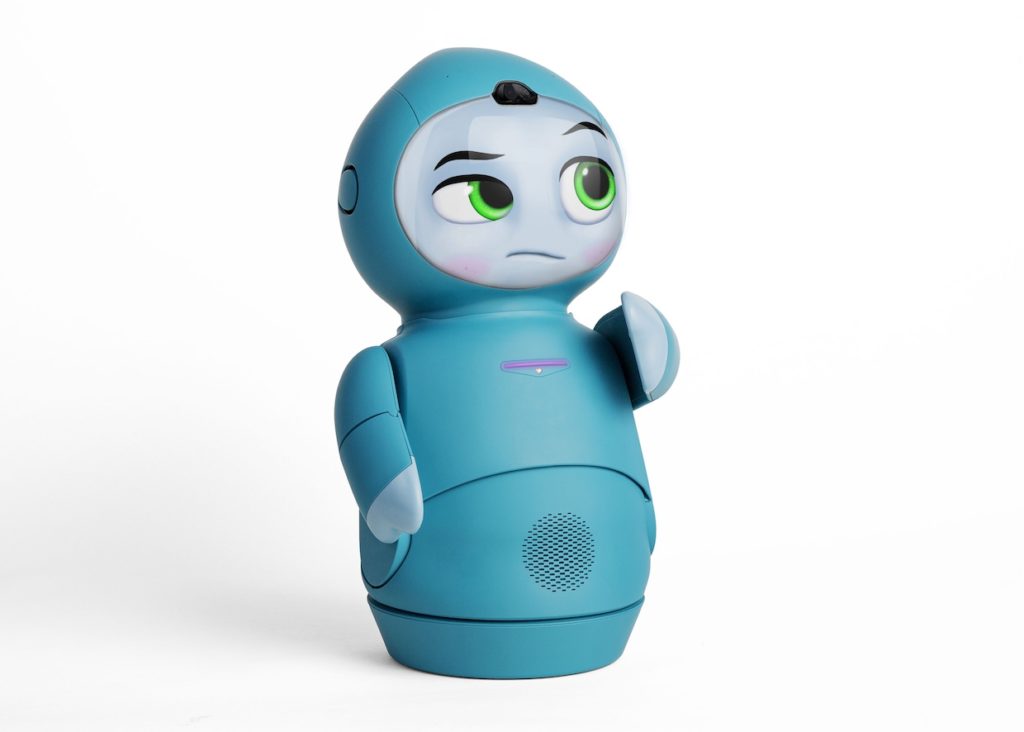
Artificial embodied agents
Artificial embodied intelligent agents such as social robots have been used as effective pedagogical tools for young children leading to both cognitive and affective gains. Smartphone apps are available to enable students to interact with robots in the classroom.

Intelligent software agents
Intelligent software agents are AI applications, usually simply referred to as software agents, that people now interact with on a daily basis (e.g. recommendation engines for news or entertainment, wearable fitness devices, video games), and that are designed to pursue their own goals autonomously, in the sense that they are the locus of a decision making process that is designed to pursue some goal.
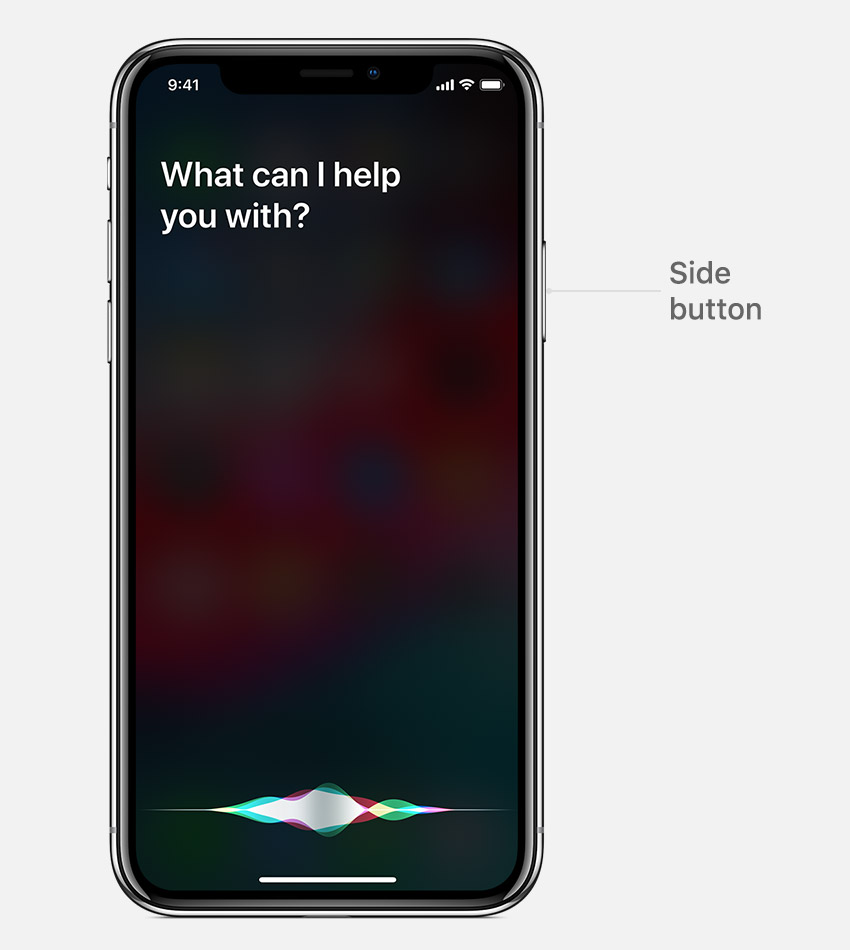
Conversational intelligent agents
Conversational intelligent agents are software agents that imitate human conversation – spoken, written, or both. Conversational intelligent systems such as Siri, Alexa and others have impacted how humans interact with computers in daily life. Studies of interactions between humans and conversational agents have found that increasing naturalness of interactions promote warmer attitudes and richer language used in their conversations. Many practical applications for conversational intelligent agents have been proposed, for example, for companionship to improve mental well-being and for therapy.
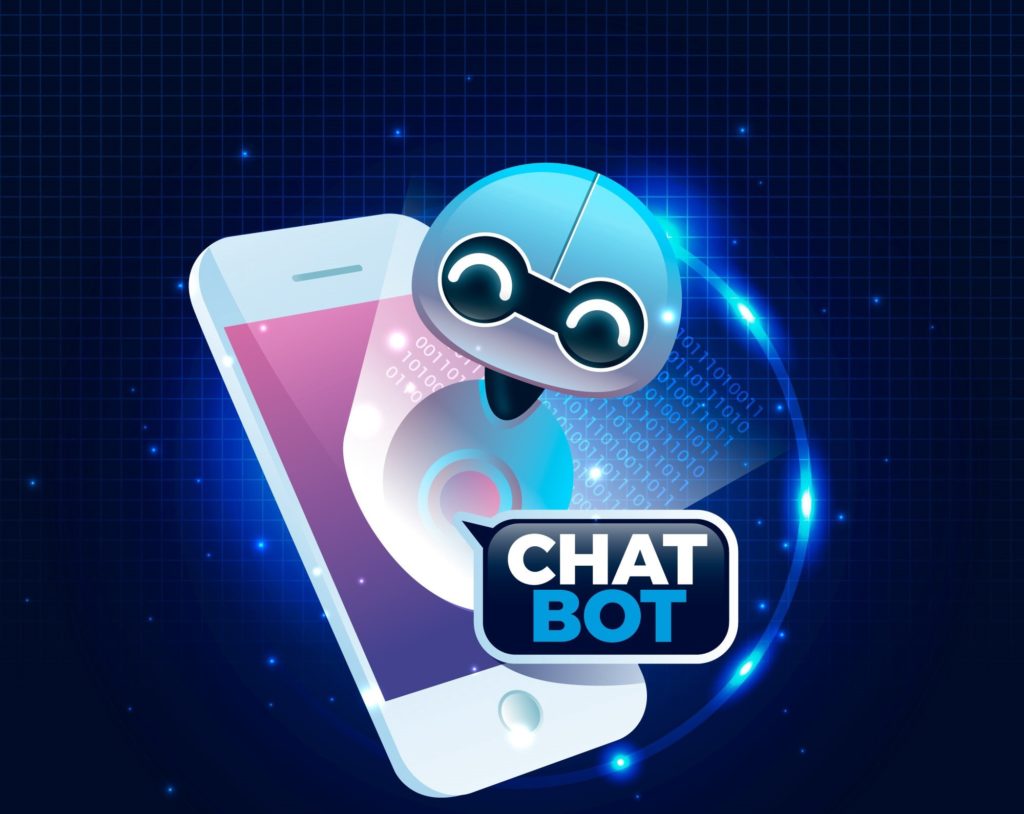
Chatbots
Chatbots are a type of conversational intelligent agents.
These incorrectly named “bots” are software agents and not software robots (Owen-Hill, 2020).
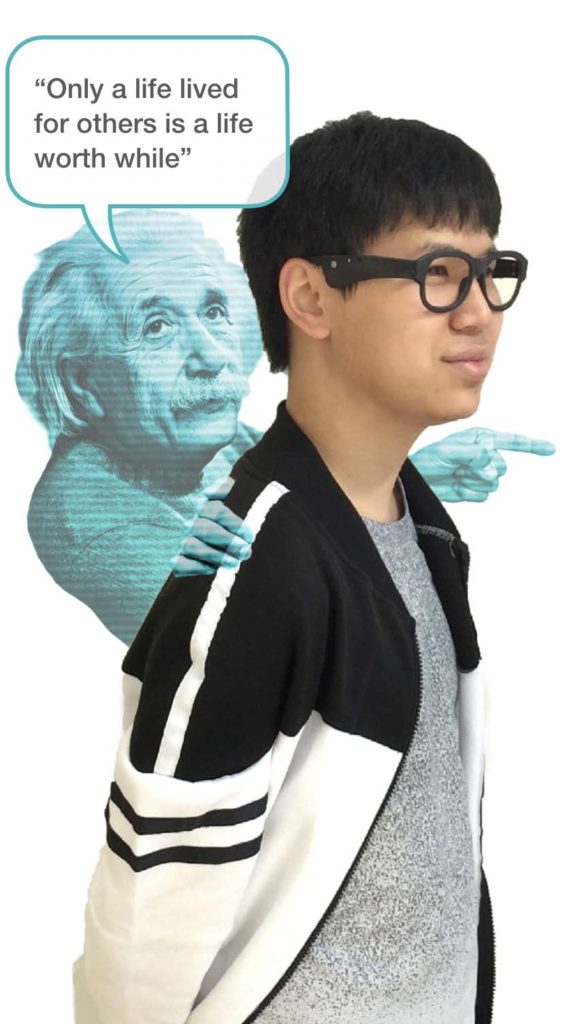
When Siri grows up
“You’ve probably met Siri, one of the first generation of intelligent software agents, or one of her many siblings, such as Alexa, or possibly seen the film “Her”. Imagine the world for learners when Siri grows up”.
(David Vogt, ETEC 523 course, Summer 2020, UBC)
When Siri grows up, I predict that students’ smartphones would be inhabited with software agents to combat distraction that face-off against the leagues of software agents coming from global economic networks outside of the classroom and the interests of tech companies such as Facebook, Google and Apple.

So, what’s the takeway?
Education gaze traditionally foregrounds student agency and pedagogical approaches to smartphone distraction in the classroom try to reclaim an illusory independent human agency.
Therefore, more stimulating and engaging pedagogy alone is not the answer to smartphone distraction when students already have their smartphones in their hands.
My answer is stimulating and engaging pedagogy plus nudges; when students already have their smartphones in their hands we need to use adaptive digital nudges at appropriate times to nudge the student to get back on task.
How to do this is to use software agents. As software agents continue to evolve, “these software agents will ostensibly know enough about you, and be tirelessly connected and competent enough regarding all things digital, to be your concierge, research assistant, tutor, etc.” (David Vogt, ETEC 523 course, Summer 2020, UBC).
I showcase exemplars of next generation software agents, soon to be available, to be at the service of teachers and students which, alongside stimulating and engaging pedagogy, combat smartphone distraction in the classroom.


